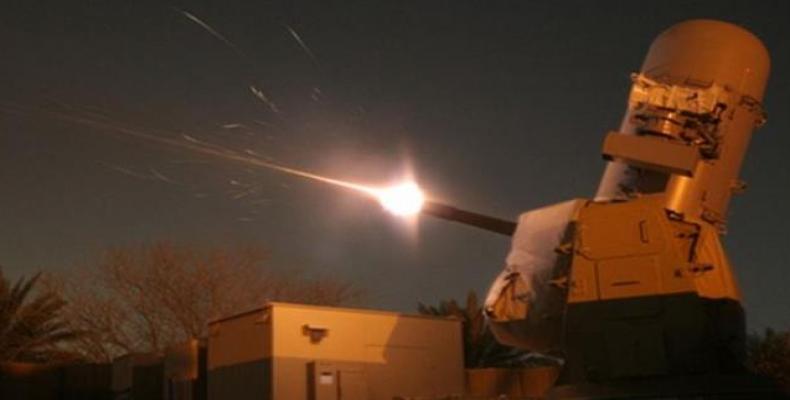The use of military force is essentially destructive. Weapons of war are designed to kill people and smash things. All nations claim to build and buy them only to defend themselves and their people against the aggression of others. The notion that the use of military force can ever be a force for good may, at best, apply to a few exceptional situations where a limited but decisive use of force has put an end to an existing conflict and led to a restoration of peace. The more usual result of the use or escalation of force is to cause greater death and destruction, to fuel resistance and to cause more widespread instability. This is what has happened wherever the U.S. has used force since 2001, including in its proxy and covert operations in Syria and Ukraine.
We seem to be coming full circle, to once again recognize the dangers of militarism and the wisdom of the U.S. leaders and diplomats who played instrumental roles in crafting the UN Charter, the Geneva Conventions, the Kellogg Briand Pact and much of the existing framework of international law. These treaties and conventions were based on the lived experience of our parents and grandparents that a world where war was permitted was no longer sustainable. So they were dedicated, to the greatest extent possible, to prohibiting and eliminating war and to protecting people everywhere from the horror of war as a basic human right.
As President Carter said in his Nobel lecture in 2002, "War may sometimes be a necessary evil. But no matter how necessary, it is always an evil, never a good." Recent U.S. policy has been a tragic experiment in re-normalizing the evil of war. This experiment has failed abysmally, but there remains much work to do to restore peace, to repair the damage, and to recommit the United States to the rule of law.
If we compare U.S. military spending with global military spending, we can see that, as the U.S. cut its military budget by a third between 1985 and 1998, the rest of the world followed suit and global military budgets also fell by a third between 1988 and 1998. But as the US spent trillions of dollars on weapons and war after 2000, boosting its share of global military spending from 38% to 48% by 2008, both allies and potential enemies again responded in kind. The 92% rise in the U.S. military budget by 2008 led to a 65% rise in global military spending by 2011.
U.S. propaganda presents U.S. aggression and military expansion as a force for security and stability. In reality, it is U.S. militarism that has been driving global militarism, and U.S.-led wars and covert interventions that have spawned subsidiary conflicts and deprived millions of people of security and stability in country after country. But just as diplomacy and peacemaking between the U.S. and U.S.S.R. led to a 33% fall in global military spending in the 1990s, a new U.S. commitment to peace and disarmament today would likewise set the whole world on a more peaceful course.
In his diplomacy with Cuba and Iran and his apparent readiness to finally respond to Russian diplomacy on Syria and Ukraine, President Obama appears to have learned some important lessons from the violence and chaos that he and President Bush have unleashed on the world. The most generous patron the military industrial complex has ever known may finally be looking for diplomatic solutions to the crises caused by his policies.
But Obama's awakening, if that is what it turns out to be, has come tragically late in his presidency, for millions of victims of U.S. war crimes and for the future of the US and the world. Whoever the US elects as its next President must therefore be ready on day one to start dismantling its infernal war machine and building a "permanent structure of peace", on a firm foundation of humanity, diplomacy and a renewed U.S. commitment to the rule of international law.


